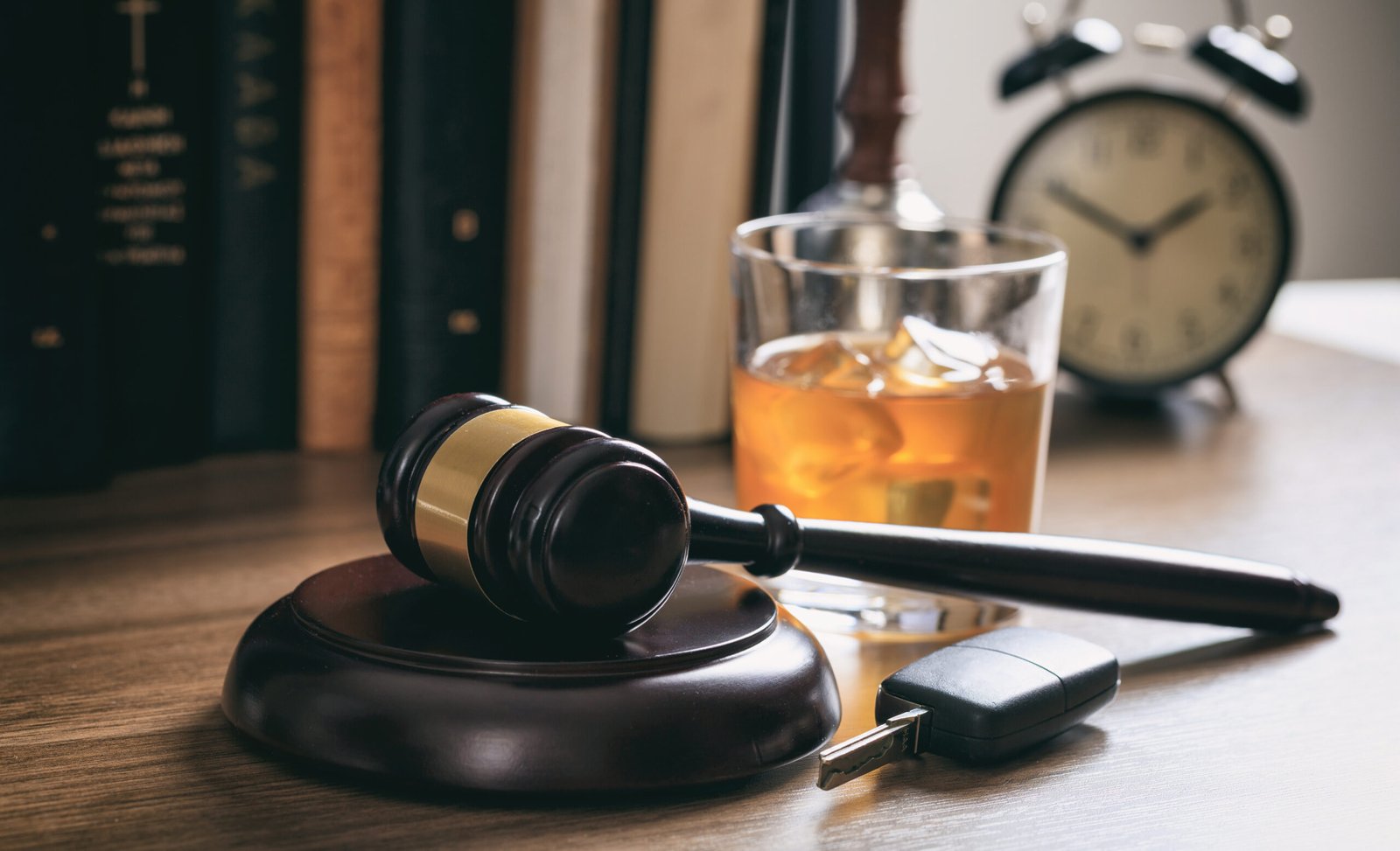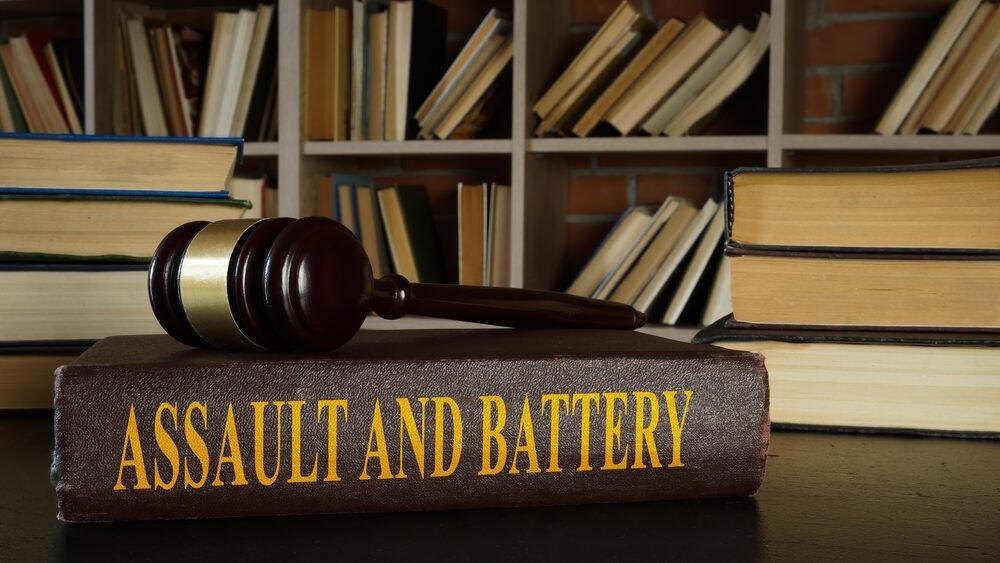Defending against DUI (Driving Under the Influence) or DWI (Driving While Intoxicated) charges requires a strategic approach to challenge the evidence and minimize the legal consequences. A successful defense can involve various strategies, from questioning the validity of tests to challenging the legality of the traffic stop. This article outlines effective strategies for defending against DUI/DWI charges, emphasizing the importance of professional legal representation and thorough case analysis.
Key Strategies for DUI/DWI Defense
1. Challenge the Traffic Stop
Examining the Legality of the Stop
- Reasonable Suspicion: To lawfully stop a vehicle, law enforcement must have reasonable suspicion of a traffic violation or criminal activity. If the stop lacked proper justification, it may be challenged.
- Procedure Violations: Investigate whether the police followed proper procedures during the stop. Any deviations from protocol could undermine the validity of the evidence collected.
2. Contest the Breathalyzer Test Results

Analyzing the Accuracy of Breath Testing
- Equipment Calibration: Breathalyzer machines must be regularly calibrated and maintained to ensure accurate results. Verify that the device used in your case was properly calibrated.
- Testing Procedures: Ensure that the test was administered correctly, including waiting the appropriate amount of time and following proper protocol. Errors in the procedure can affect the results.
3. Challenge Field Sobriety Tests
Assessing the Reliability of Sobriety Tests
- Test Conditions: Field sobriety tests (FSTs) are affected by various factors, such as weather conditions, the testing environment, and the individual’s physical state. Challenge the conditions under which the tests were conducted.
- Test Accuracy: Sobriety tests are not always reliable indicators of impairment. Question the validity of the results, particularly if the tests were conducted under unfavorable conditions.
Addressing DUI/DWI Evidence
1. Scrutinize the Chemical Test Results
Reviewing Blood and Urine Tests
- Chain of Custody: Ensure that the chain of custody for chemical samples was properly maintained. Any lapses in the handling of the samples can cast doubt on the results.
- Testing Accuracy: Verify the accuracy of blood or urine testing methods and equipment. Errors in testing procedures or equipment malfunctions can lead to inaccurate results.
2. Explore Alternative Explanations
Presenting Alternative Explanations for Impairment
- Medical Conditions: Certain medical conditions, such as diabetes or acid reflux, can cause symptoms similar to intoxication. Present evidence of any medical conditions that may have affected the test results.
- Environmental Factors: Exposure to certain substances or chemicals may mimic signs of intoxication. Explore any environmental factors that could have influenced the results.
Legal and Procedural Defenses
1. Assert a Constitutional Challenge
Protecting Your Constitutional Rights
- Miranda Rights: Ensure that your Miranda rights (the right to remain silent and the right to an attorney) were properly read and that you were not coerced into making self-incriminating statements.
- Unlawful Search and Seizure: Challenge any evidence obtained through unlawful search and seizure. Evidence gathered in violation of your constitutional rights may be inadmissible in court.
2. Negotiate a Plea Deal
Considering Plea Bargaining
- Reduced Charges: In some cases, negotiating a plea deal may result in reduced charges or penalties. Work with your attorney to explore plea options and weigh the potential benefits.
- Alternative Sentencing: Explore options for alternative sentencing, such as probation, community service, or alcohol education programs, instead of incarceration.
The Importance of Professional Legal Representation
1. Hiring an Experienced DUI/DWI Attorney
Selecting the Right Legal Counsel
- Expertise: An experienced DUI/DWI attorney has specialized knowledge and skills to effectively challenge evidence and present a strong defense. Choose a lawyer with a proven track record in handling DUI/DWI cases.
- Case Evaluation: An attorney can conduct a thorough evaluation of your case, identify potential defenses, and develop a strategic approach to achieve the best possible outcome.
2. Preparing for Court
Effective Preparation
- Case Strategy: Work with your attorney to develop a comprehensive defense strategy. This includes preparing for trial, presenting evidence, and addressing any challenges to the prosecution’s case.
- Client Communication: Maintain open communication with your attorney throughout the legal process. Provide all relevant information and follow their advice to strengthen your defense.
Conclusion
Defending against DUI/DWI charges requires a strategic approach to challenge the evidence and mitigate the legal consequences. By questioning the legality of the traffic stop, challenging the accuracy of tests, and presenting alternative explanations, you can build a strong defense. Working with an experienced DUI/DWI attorney is crucial for navigating the legal process and achieving the best possible outcome. Understanding and implementing these strategies can help you effectively address DUI/DWI charges and protect your rights.









